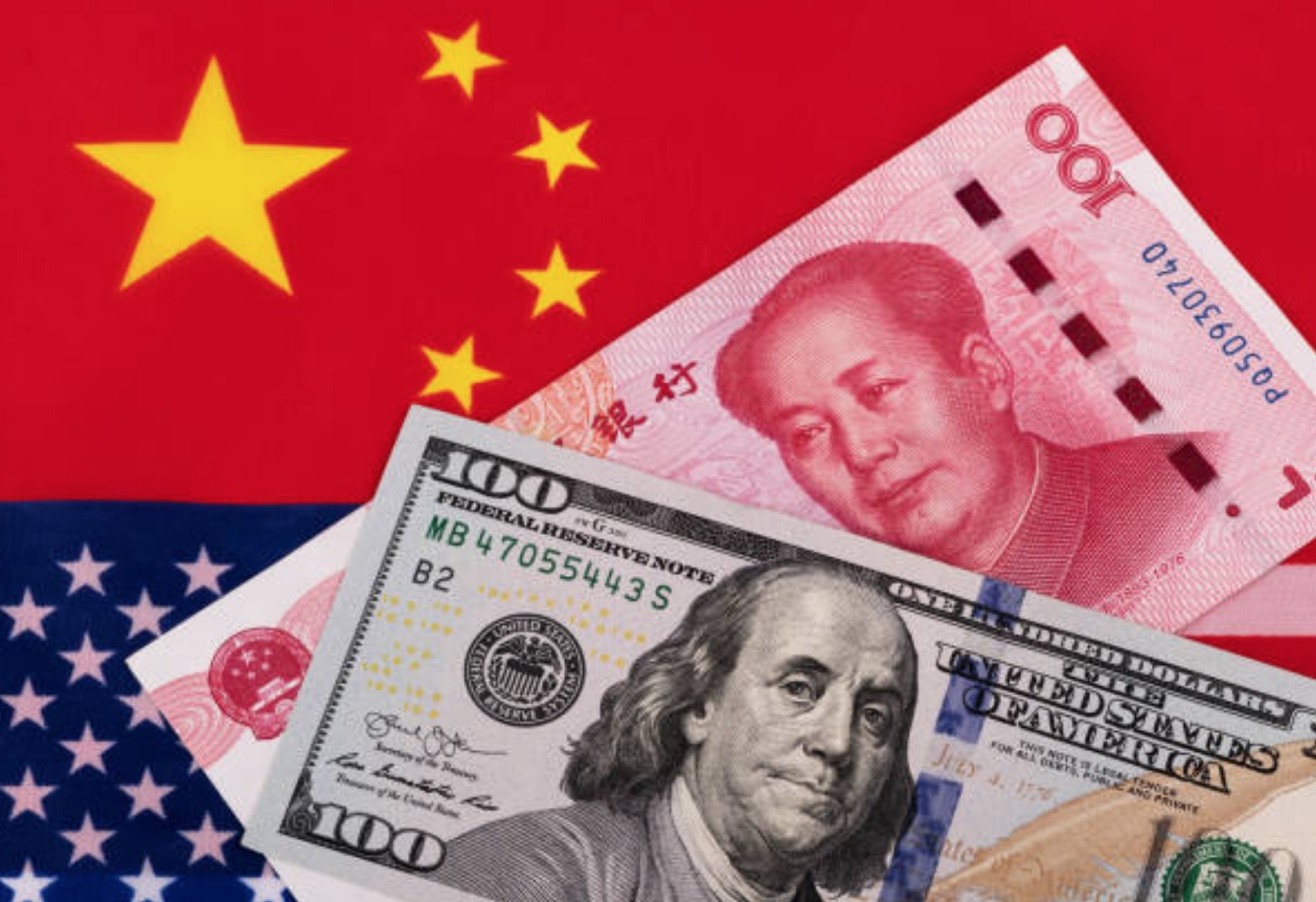In a bold move that has sent shockwaves through global financial markets, China, a key member of the BRICS alliance, has reportedly engaged in an unprecedented three-day streak of aggressively divesting itself of US dollars. This strategic maneuver by the world’s second-largest economy has raised eyebrows and prompted speculation about its implications for the international monetary landscape.
The BRICS Alliance and Its Economic Significance:
The BRICS alliance, consisting of Brazil, Russia, India, China, and South Africa, represents a collective force challenging the traditional dominance of Western economies. These nations have sought to foster collaboration on economic, political, and strategic fronts, with a vision of reshaping the global financial order.
China’s Recent Actions:
Recent reports suggest that China, a linchpin of the BRICS coalition, has executed a series of transactions involving the aggressive sale of US dollars over a three-day period. This move is seen as a deliberate attempt to diversify its foreign exchange reserves and reduce dependency on the US currency.
Implications for the US Dollar:
The US dollar has long served as the world’s primary reserve currency, providing the United States with significant economic advantages. However, China’s strategic divestment raises questions about the dollar’s enduring dominance and could potentially signal a shift toward a more multipolar monetary system.
Possible Motivations:
China’s decision to dump US dollars may be driven by various factors. One key consideration is the ongoing geopolitical tensions between China and the United States, particularly in the realms of trade and technology. By reducing its exposure to the US dollar, China aims to insulate itself from potential economic repercussions arising from these conflicts.
Additionally, China’s move aligns with its broader efforts to internationalize its currency, the yuan (renminbi). A reduced reliance on the US dollar could bolster the yuan’s standing on the global stage, potentially challenging the dollar’s role as the dominant reserve currency.
Market Reactions and Speculations:
Global financial markets have reacted to China’s actions with a mix of uncertainty and speculation. Analysts are closely monitoring the potential ripple effects on exchange rates, commodity prices, and the overall stability of the international monetary system.
While some experts argue that China’s move may be a tactical response to recent US economic policies, others posit that it signifies a more profound reorientation in the dynamics of global finance. The impact of these developments is likely to unfold over time, with consequences for various stakeholders in the international arena.
Conclusion:
China’s aggressive divestment of US dollars over a three-day period has ignited discussions about the future of the global monetary order. As a key player in the BRICS alliance, China’s actions could influence the trajectory of international finance, challenging the longstanding dominance of the US dollar. The coming weeks and months will reveal the true extent of these developments and their implications for the evolving landscape of global economics.














